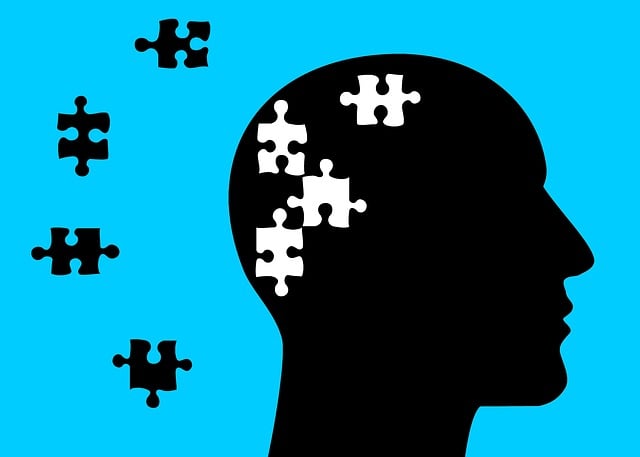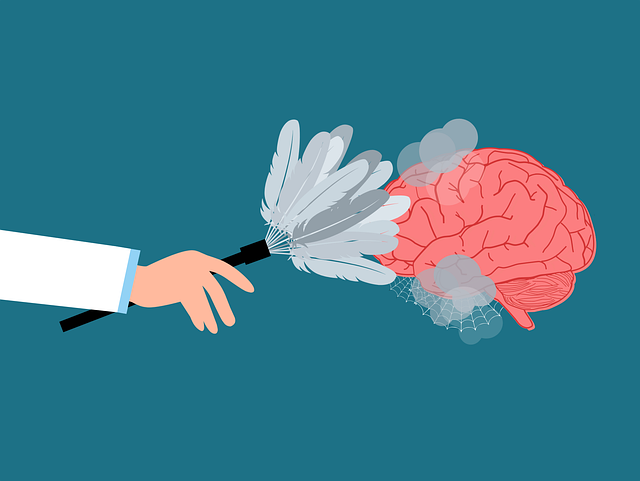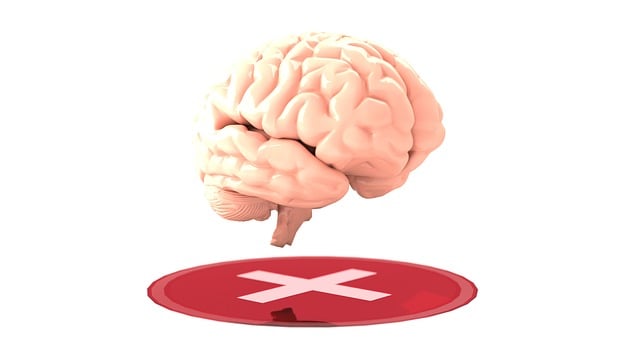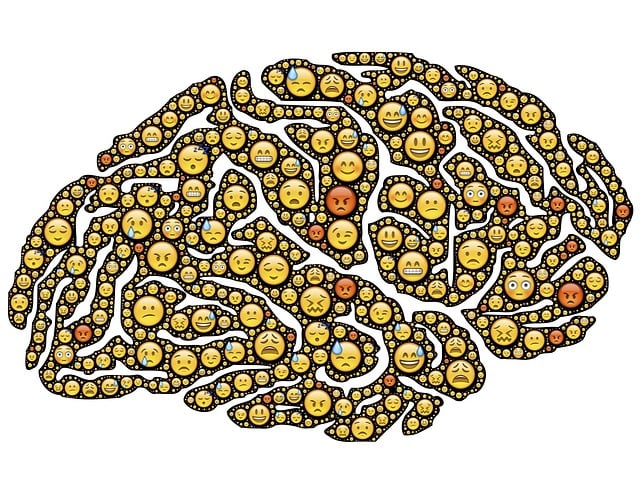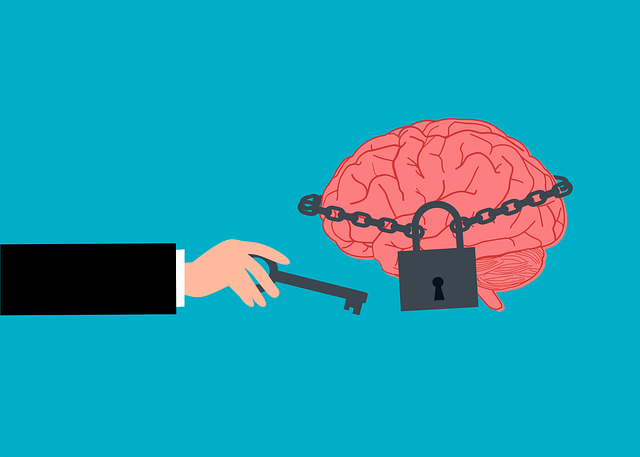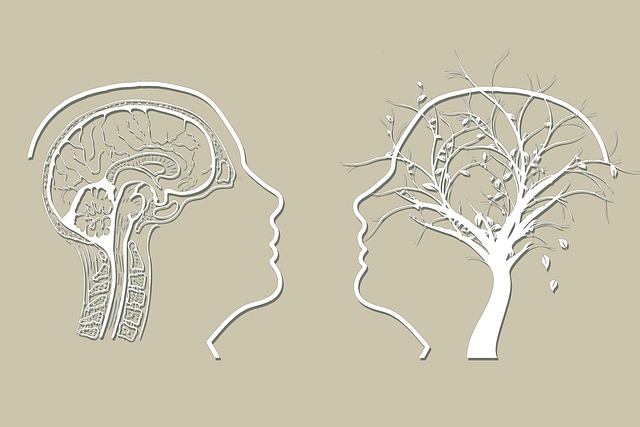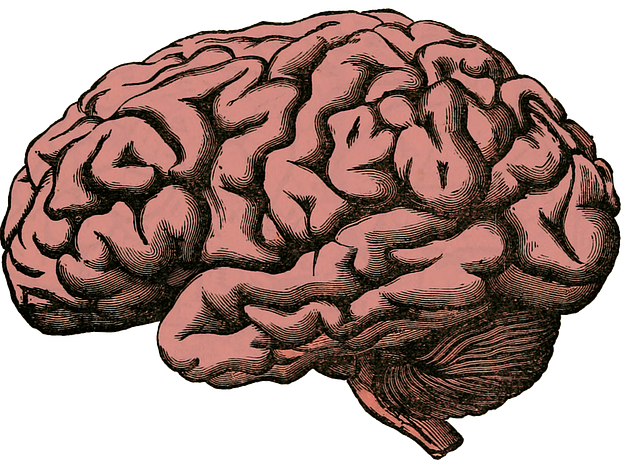Centennial American Sign Language (ASL) Therapy offers a holistic approach to mental health by focusing on developing robust social skills through non-verbal communication, reducing isolation and stress. By teaching effective communication, problem-solving, and emotional regulation strategies in group therapy sessions and real-world interactions, we empower clients to confidently navigate social situations. Our tailored stress reduction methods and Mind Over Matter principles enhance mental health awareness, foster community support, and strengthen therapeutic bonds for improved overall well-being.
Social skills training is a powerful tool for managing mental health conditions, offering individuals a pathway to reconnect and engage with others. This article explores the intricate link between social abilities and mental well-being, delving into how Centennial American Sign Language (ASL) therapy provides an innovative approach to enhancing these skills. We’ll uncover effective strategies for development, emphasizing the significance of Centennial ASL therapy in fostering meaningful connections and improving overall mental health outcomes.
- Understanding the Connection Between Social Skills and Mental Health
- The Role of Centennial American Sign Language Therapy in Training
- Implementing Effective Strategies for Social Skills Development
Understanding the Connection Between Social Skills and Mental Health

Social skills are integral to our overall well-being and play a significant role in maintaining mental health. Many mental health conditions can impact an individual’s ability to interact and communicate effectively with others, leading to feelings of isolation and increased stress. This is where structured social skills training comes into focus as a powerful tool for support. At Centennial American Sign Language Therapy, we understand the profound connection between social interactions and mental health.
By teaching individuals effective communication strategies, problem-solving techniques, and emotional regulation skills, we aim to enhance their ability to navigate social situations successfully. This approach not only improves their day-to-day interactions but also contributes to a better risk management planning process for mental health professionals. Additionally, incorporating stress reduction methods tailored to each person’s needs can significantly impact Mental Health Awareness, fostering a sense of community and support.
The Role of Centennial American Sign Language Therapy in Training

Centennial American Sign Language Therapy plays a pivotal role in enhancing social skills training for individuals managing mental health conditions. This unique approach leverages the power of non-verbal communication to foster deeper connections and improve interpersonal interactions. By integrating American Sign Language (ASL) into therapy, professionals can facilitate emotional healing processes and provide an inclusive environment where everyone feels heard and understood.
The therapeutic benefits extend beyond basic language acquisition. ASL encourages active listening and promotes a more expressive form of communication, which can be particularly beneficial for those struggling with anxiety or depression. Mental wellness journaling exercise guidance, often incorporated into ASL therapy sessions, helps individuals process their thoughts and emotions while building confidence in sharing personal experiences. This dual approach not only boosts self-esteem but also strengthens the bonds formed during therapy, contributing to overall mental wellness.
Implementing Effective Strategies for Social Skills Development

Developing social skills is a vital component of mental health treatment, and therapists play a crucial role in teaching individuals effective strategies to navigate social interactions. At Centennial American Sign Language Therapy, our approach focuses on empowering clients with tools to enhance their social connections and overall well-being.
One successful strategy involves tailoring activities to individual needs. This may include group therapy sessions where participants practice communication skills, role-playing different social scenarios, and learning to interpret non-verbal cues. Additionally, our Community Outreach Program Implementation encourages clients to engage in real-world interactions, fostering a sense of belonging and boosting confidence. By combining these methods with Mind Over Matter principles, teaching individuals how to manage their moods and emotions during social encounters, we offer a comprehensive approach to social skills training.
Social skills training, particularly through innovative methods like Centennial American Sign Language Therapy, plays a pivotal role in enhancing mental health outcomes. By understanding the intricate link between social interactions and psychological well-being, we can develop effective strategies to support individuals with various conditions. This holistic approach not only improves their ability to connect and communicate but also fosters a sense of belonging and overall happiness. Centennial American Sign Language Therapy emerges as a powerful tool in this landscape, offering unique benefits that cater to diverse needs, ultimately revolutionizing mental health care.
